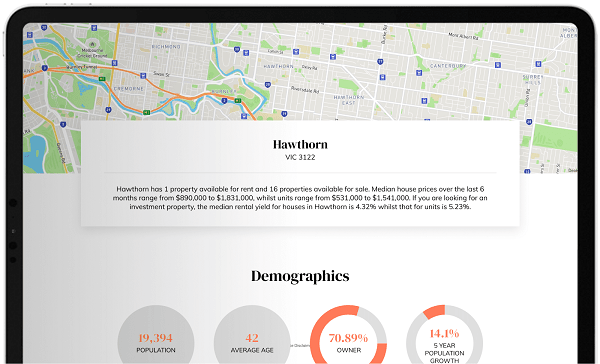Questions to ask your landlord before signing your lease.
Looking for a place to rent can be an exhausting process. With so many weekends spent going back and forth between properties, it’s easy to get excited when you finally find what seems to be the perfect one. However, it’s imperative that you stay level-headed and ask the right questions of the landlord prior to finalising anything; far too many tenants hastily enter an agreement with a landlord only to regret it further down the track.
Here are some of the essential questions you should know the answer to when it comes time to sign on the dotted line.
Lease duration
Always be certain that you and your landlord agree to the length of the lease. If you are being offered a two-year agreement but only really want one, it’s time to renegotiate or take your business elsewhere. You don’t want to end up stuck in a position where your only options are to break the lease or continue staying for longer than you want to.
- What happens if I need to terminate the contract? What penalties would apply?
- Is there a possibility of extension down the track?
- Am I allowed to sublet?
- What is required for me to get my full security deposit back?
Rent payments
You should already know how much the rent is, but make sure you go over it with a fine-toothed comb.
- How much exactly does the rent cost?
- Does it include utilities? If so, how is the rate calculated?
- Are there any other fees to be aware of?
- When is the rent due?
- How should it be payed?
- When is it considered late?
- What are the fees for a late payment?
Maintenance, repairs and communication
You never know when a pipe will burst or your landlord’s real estate agent comes in for a surprise inspection. For this reason, it should be clear how the landlord plans on dealing with these situations and how you should communicate with them if required. Unless otherwise agreed, the landlord or their agent has the right to visit the property between 8am and 6pm on any day (with the exception of public holidays) as long as they give at least 24 hours’ notice.
- Who do I call for repairs or in the event of a maintenance issue?
- What are their direct contact details?
- What is the best way to communicate with you?
- How often will you come in for an inspection?
- How much notice will you give prior to an inspection?
Other information
- Do you allow pets?
- What is the smoking policy on this premises?
- Do I get a private parking space, or is there plenty of street parking available?
- Will I receive a resident parking permit?
- Do you have a guest policy?
- Am I permitted to make alterations to the property?
Some things you may need to research yourself, such as the nature of the neighbourhood and what public transport options are accessible. Keep an eye out for shopping centres and nightlife hotspots, as it may contribute to noise pollution and/or parking availability.
It’s also a good idea to go through the house and keep an inventory of any damage—along with furniture and appliances if included in the lease—and get it signed by both you and the landlord. This helps avoid any blame getting placed on you for issues that were already there when you moved in.
Above all, make sure important information is included in the lease or communicated in writing. This not only makes it easier for you to find information in the future but also helps your case if you end up in a dispute with your landlord.


